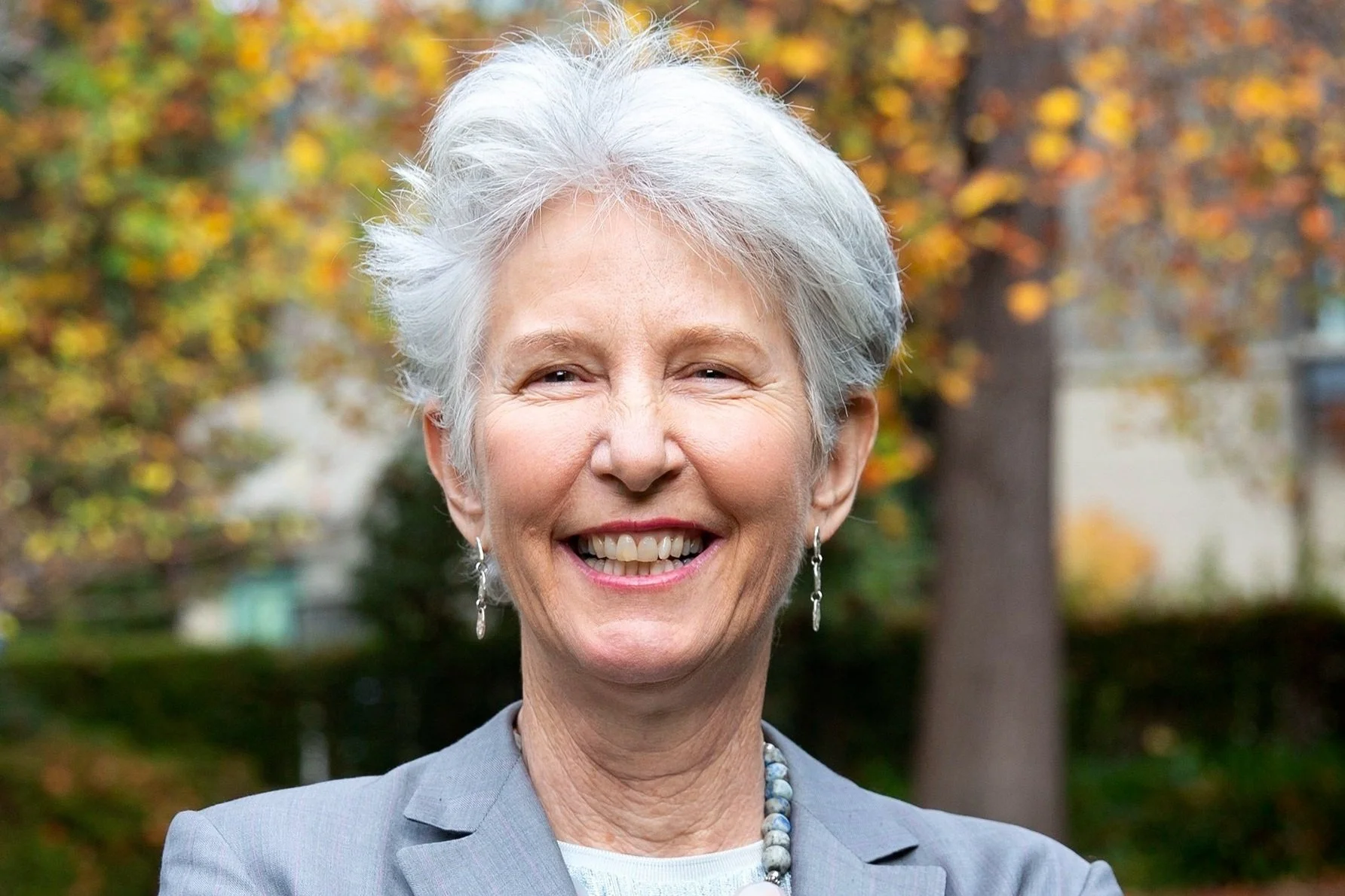Big Foundations Keep Making Strides for Open Access Research
/The debate over open access publication of research is one we’ve followed with quite a bit of interest, and not just because philanthropy has planted a few stakes in the issue. As in many fields in recent decades, technology has unlocked all kinds of new opportunities and tensions when it comes to the exchange of research findings.
In the case of the open science debate in particular, critics challenging traditional peer review and publication impacts the speed of progress, as well as research in developing countries and outside of established institutions.
The tension is between the traditional journal model, in which libraries and universities pay often very high fees for published research, and a more open model, in which anyone can read articles following peer review, and even before, in some cases.
Related:
- Take Down That Paywall: Foundations vs. Top Journals Over Open Access
- Hurry It Up: What Major Funders Are Doing to Speed Up Research Publishing
The number of open access journals has ballooned in recent years, with some philanthropic support in the form of both grants and pressure exerted by powerful private funders.
But some of the most prestigious journals out there still cling to the paywall model, even as those powerful funders have tested that grip.
The most direct confrontation lately involves the Gates Foundation. While other funders have required that research they pay for be open access, Gates released a particularly strict open access policy a few years ago, which went into effect in 2017. That pitted the foundation against journals like Nature, Science, New England Journal of Medicine and the Proceedings of the National Academy of Sciences, as Gates grantees became unable to publish in such titles.
It seemed neither side would budge for a while, but in the case of one publisher, it didn’t last long, as Gates and AAAS (publisher of Science and its sister journals) reached a trial agreement by which the foundation will pay $100,000 to cover immediate open access publication of its grantees’ papers during 2017.
How big of a deal this agreement is depends on who you ask, but it is an aberration from one of the most revered journals in the land. It could simply represent a rare compromise to mend fences with the world’s wealthiest foundation. Or it could be a path forward that shows paywalled publications can be moved in the direction of a different model.
The outcome depends on whether other journals join in (Gates says they’re expecting more announcements soon) and whether other foundations take Gates’ approach and say, "Hey, if they can do it, why can’t we?" The massive, U.K.-based Wellcome Trust, for example, has been driving for open access and has its own requirements, but has stopped short of Gates’ policy.
Open access also has a brand new player in its corner, and a potentially big one—the Chan Zuckerberg Biohub. As we recently wrote, this new entity, which is funded in large part by the Chan Zuckerberg Initiative, is shaping up to be a major grantmaker in basic science funding. One key development is that Biohub grantees, the first round at least, are required to pre-print manuscripts of their findings online before peer review is even complete, another level of open access.
I’m not aware of another major science funder to do so, and to come out of the gate with such a policy signals that the Chan Zuckerberg Biohub could be an important player when it comes to pushing for openness.
Related: Opening the Spigot: A Look at How Chan Zuckerberg Science is Starting to Move Money





























